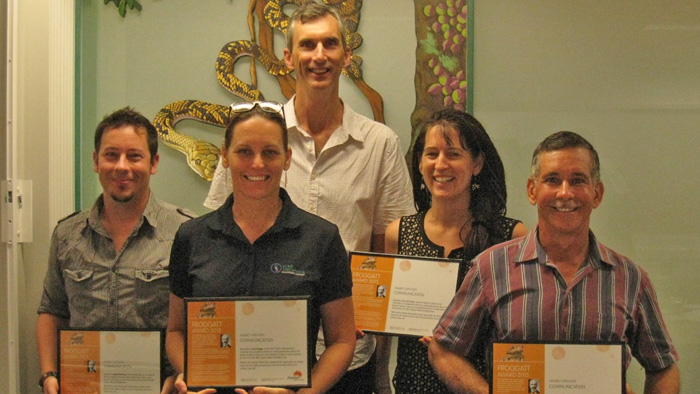- Our Work
- About Us
Striving for a future where invasive species are no longer a major cause of environmental decline and extinctions.
- How to help
- Resources
The Invasive Species Council publishes a range of information resources including fact sheets, submissions and reports.







